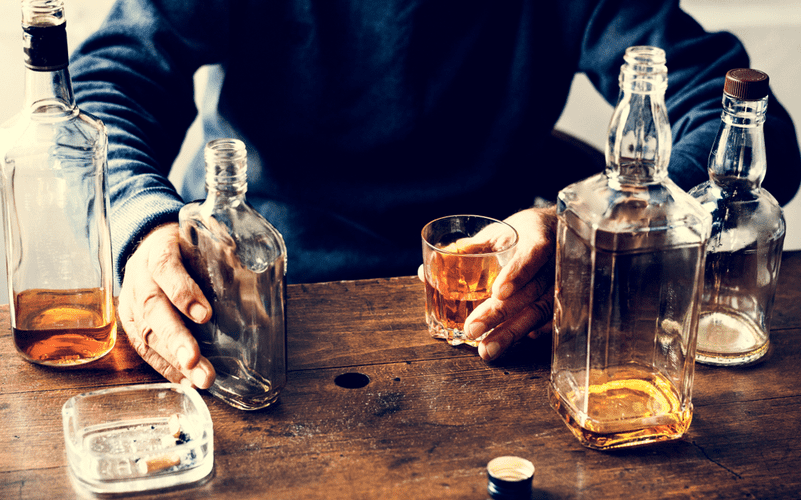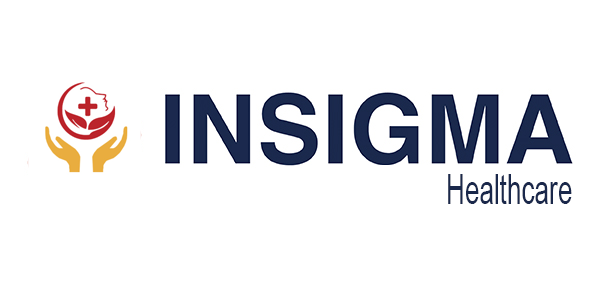How does alcohol affect blood pressure?
Most investigators also define the amount of alcohol that constitutes a “standard” drink as 12 to 15 g (with only slight variation). High blood sugar and high levels of “bad” non-HDL cholesterol raise the risk of heart disease. To help manage cholesterol and blood sugar, try some of the same healthy habits that help lower blood pressure. Follow your healthcare professional’s advice http://web-compromat.com/5926-43-html/ on how to manage cholesterol and blood sugar. The CDC also states that to reduce alcohol-related health risks, adults of legal drinking age should limit their alcohol consumption to two drinks or less a day for men and one drink or less for women. Other research from 2019 found that there was a significant link between moderate alcohol consumption and a risk of hypertension.
- With continued alcohol use, steatotic liver disease can lead to liver fibrosis.
- Although highly individualized and dose dependent, alcohol use also can increase bleeding time (i.e., taking longer to develop a clot)(Salem and Laposata 2005).
- Anticlotting therapies are therefore the cornerstone of managing acute coronary syndromes.
- After that, HR was still raised in participants, but it averaged 2.7 bpm.
- Cortisol increases the release of catecholamines, which are chemicals in the body that help regulate many processes and help keep the body functioning as it should.
- A J-shaped relationship for females showed protective effects at or below consumption levels of 15 g/day (Taylor et al. 2009).
Fazio 2004 published data only
- Scientists are unsure why, but several studies link moderate alcohol consumption to improved immunity of diseases and improved responses to vaccines.
- For medium doses and high doses of alcohol, participants represented a range in terms of age, sex, and health condition.
- If you have low hemoglobin, work with your healthcare provider to determine what is causing it and find a treatment plan to help you manage it.
- Opting for higher quality, well-crafted whiskeys without excessive additives or sugars may be a consideration for those choosing to consume alcohol in moderation.
- A typical adult consuming the defined number of standard drinks for binge drinking would reach a blood alcohol concentration of 0.08 in about 2 hours (NIAAA 2015b).
- Other research from 2019 found that there was a significant link between moderate alcohol consumption and a risk of hypertension.
Newborns can have temporary anemia at six to nine weeks if they haven’t made enough new red blood cells and have used up the ones they were born with. Davis shared that the key to addressing the http://www.senkai.ru/eng/2007/05/08/ blood pressure problem early is routine monitoring. “Many automated blood pressure monitoring devices are quite accurate and will allow you to detect blood pressure issues before symptoms arise.
Buckman 2015 published data only
- However, we noted the lack of description of randomisation and allocation concealment methods in most of the included studies as a reason for downgrading because of the possibility of selection bias.
- The hormone AII is a potent vasoconstrictor that stimulates aldosterone and vasopressin secretion from the adrenal gland, promoting sodium and water retention (Schrier 1999).
- Alcohol has been shown to slow down parasympathetic nervous activity and to stimulate sympathetic nervous activity.
- We also calculated SD if 95% CI, P value, or t value was reported in the included studies, according to Chapter 7 of the Cochrane Handbook for Systematic Reviews of Interventions (Higgins 2011).
- Hence, we conducted additional analyses to see if the very high dose of alcohol (≥ 60 g or ≥ 1 g/kg) had any dose‐related effects compared to lower high doses of alcohol (31 to 59 g of alcohol) (see Table 9).
- High alcohol consumption also increased heart rate from 7 to 12 hours and after 13 hours.
By making these 10 lifestyle changes, you can lower your blood pressure and reduce your risk of heart disease. The Centers for Disease Control and Prevention (CDC) reports a correlation between alcohol consumption and various short- and long-term health risks. A 2018 study showed that no amount of alcohol is considered safe, because its risks lead to a loss of healthy life. There is a significant amount of data to show that drinking large quantities of alcohol, whether it is a spirits, beer, or wine, can increase the risk of developing hypertension. Drinking alcohol may also increase blood pressure for a short amount of time even in healthy people. According to the CDC, the reported health benefits of moderate alcohol consumption may be inaccurate.
Brewer 2010 published data only
- If you have high blood pressure, you may wonder if you need to take medicine to treat it.
- More recently, Cosmi and colleagues (2015) examined the effects of daily wine consumption in subjects enrolled in an Italian trial of heart failure patients (mean age ~67), most of whom had reduced ejection-fraction heart failure.
- Decreasing or eliminating your alcohol intake can lower your chances of developing high blood pressure.
- For example, alcohol can affect calcium levels, cortisol levels, and baroreceptor sensitivity, all of which can lead to increases in blood pressure.
- Karatzi 2005, Mahmud 2002, Maule 1993, and Potter 1986 did not mention the method of blinding of outcome assessors.
Research suggests that 74.5 percent of people 60 and older have high blood pressure, compared with 54.5 percent of adults ages 40 to 59. Several factors are to blame, one being your body’s network of blood vessels, which changes with age. The Centers for Disease Control and Prevention defines light drinking as three drinks or fewer per week and moderate drinking as no more than one drink per day for women and up to two per day for men. Other researchers have used genetic approaches (i.e., transgenic http://naturalclub.ru/act/index.php?id=467 animals) to prevent ethanol-induced oxidative stress. One approach included overexpression of proteins such as insulin-like growth factor (IGF-1), which stimulates growth and cell proliferation and has antiapoptotic effects (see Zhang et al. 2014). In contrast to control mice, the IGF-1–expressing animals exhibited no evidence of changes in expression of antioxidant enzymes (i.e., superoxide dismutase-1) or any decreases in contractile function after 16 weeks of ethanol consumption.
Eat healthy high-protein foods
If you’re overweight or have obesity, losing even a small amount of weight can help lower blood pressure. In general, blood pressure might go down by about 1 mm Hg with each kilogram (about 2.2 pounds) of weight lost. Being overweight also can cause disrupted breathing while you sleep, a condition called sleep apnea. Discuss your alcohol intake with your healthcare provider and make lifestyle changes as recommended.









